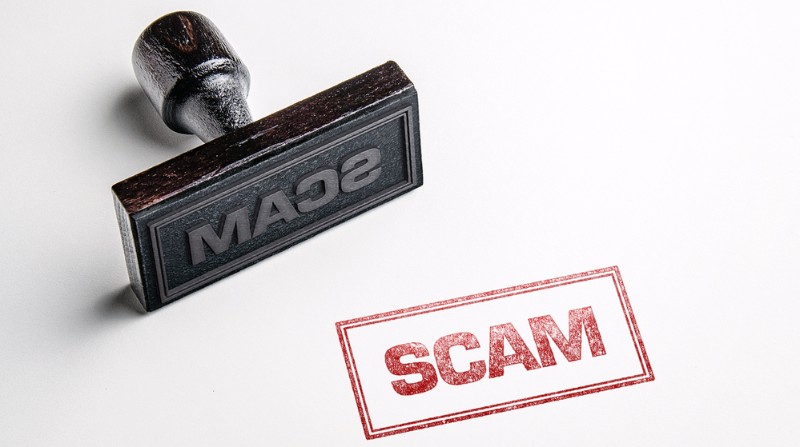Semalt Expert – How Not To Be Blasted With Google Docs Scam?

A malicious email is doing rounds, where the sender is purportedly someone you are familiar with, sends you an invite to click on a Google Doc link. Clicking the link exposes you to a world of misfortune. It is therefore advisable to delete the email.
Ryan Johnson, one of the leading experts from Semalt Digital Services, shares the experience on how to stay safe from Google Docs scam.

The email happens not to have come from the person you think it's from, but instead, it's a phishing email with the intention of tricking you to click the link. The whole thing is a gimmick aimed at exposing the keys to your Gmail account to the phisher. The worst-case scenario is that of John Podesta, Head of Democratic National Committee, who had his entire email conversations leaked after falling into the trap.
After numerous eventualities, Google responded by taking protective measures to protect its users from emails squandering Google Docs. The company disabled all offending accounts, removed fake pages and pushed updates via safe browsing. Google encourages users to report all forms of phishing emails in Gmail.
Several preventive measures are aimed at stopping the spread of the phishing attack, although the attackers have managed to corrupt millions of email addresses through target, Gmail accounts contact lists.
The scams directed towards Google accounts users have become more prevalent over the past months. Hackers posing as genuine contacts have managed to send malicious documents with similarities to legitimate PDFs. There are however proven methods to protect yourself from the threat. Make sure you have enabled the two-factor authentication feature on all your Google accounts. Doing so helps to beat around hackers as they will be unable to get past the second code authentication, mostly sent via text message. Gmail will always detect and notify when someone tries to access your account.

In case you click the malicious link, you can go to your Gmail account settings page and revoke all applications access including the fake Google Docs apps.
Google issued a follow-up statement regarding the claims. They stated of their knowledge concerning the security of Google accounts and issued a comprehensive explanation after a thorough investigation. The company has taken measures to protect their users against email phishing campaigns impersonating Google Docs, which affected less than 0.1 percent of active Gmail profiles. Google was able to terminate the sinister campaign within an hour. Only contact information was accessed and exposed by the scam. Investigations showed that no other data was compromised. Users are therefore urged not to take any other form of action regarding the scam. Users are however advised to take a review of third party applications by visiting Google Security Checkup link.
Attachments and clicking of links shouldn't be automatic even if they seem to come from people well known to you. If you aren't expecting a message, always take the time to scrutinize the URL if it contains a plain text editor or double check from an expert through other means of communication.